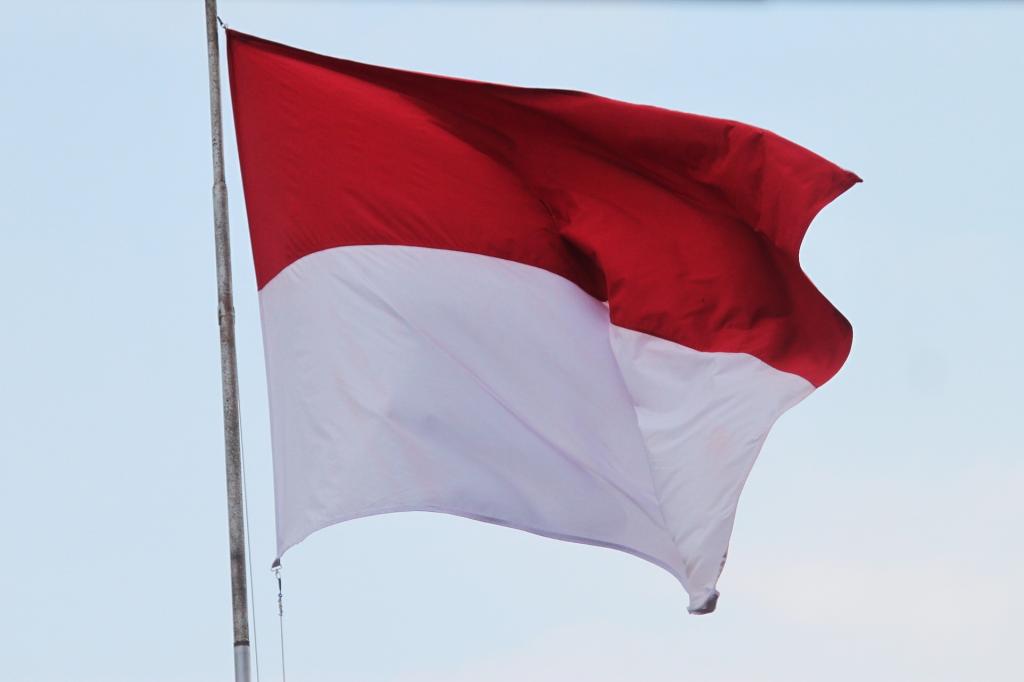The corruption eradication in Indonesia currently requires a faster, more assertive, and more significant effort of settlement. One of the reformation efforts is made by the government through the establishment of corruption court. Since 2009, the corruption court has been existing as a special judicative entity that handles corruption cases. However, there are many obstacles found during the dispute settlement of corruption, especially in the process of implementation that is often not in accordance with the applicable provisions. Based on this research, the Corruption Court has not performed optimally yet, because of several factors, namely: a large number of cases, the limited facilities and infrastructures, and also the lack of quantity and quality of human resources.
The authors are lecturers at the Criminal Law Department, Faculty of Law, Universitas Padjadjaran, Bandung, Indonesia.
Email: nella.sumika.putri@unpad.ac.id


